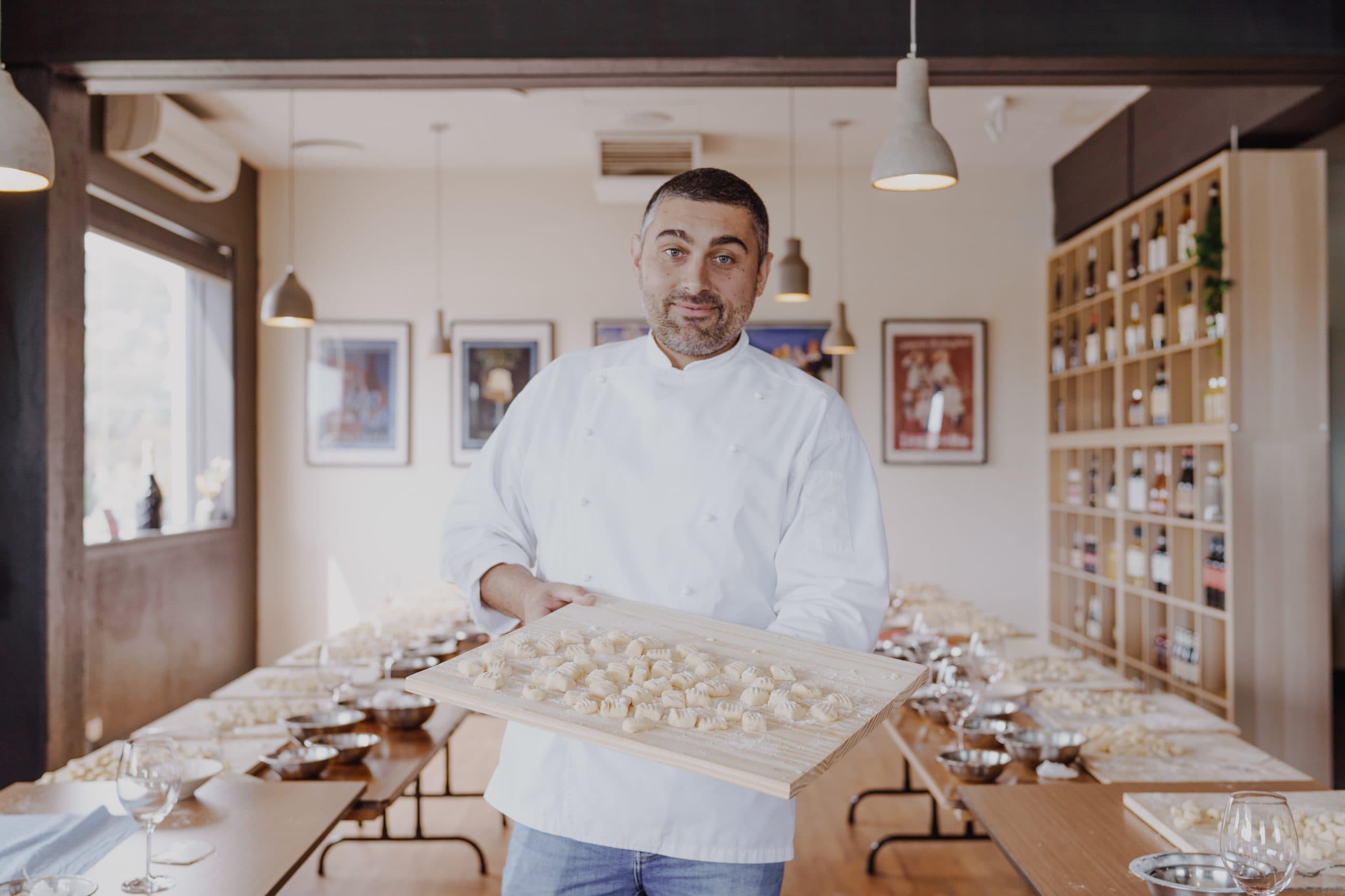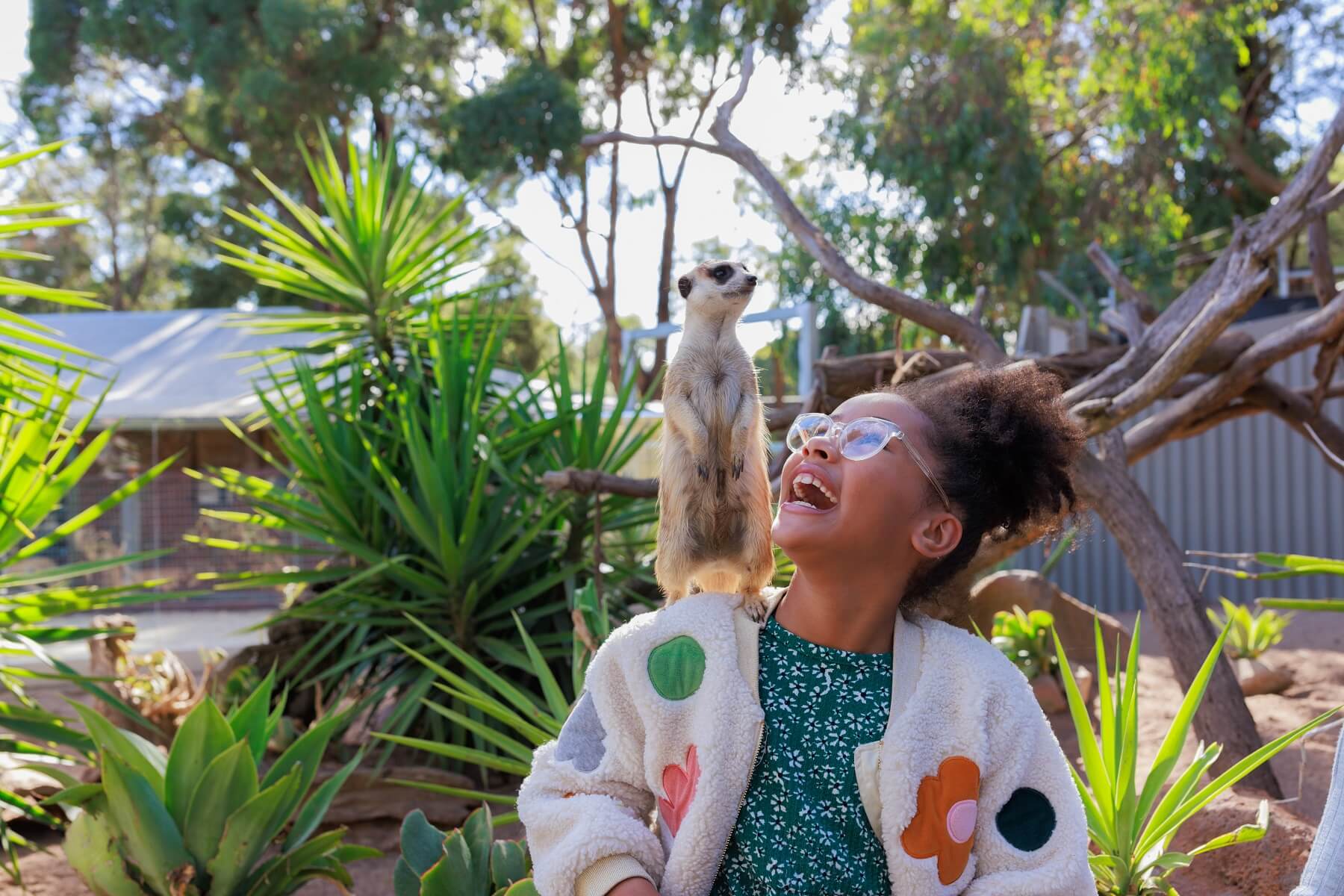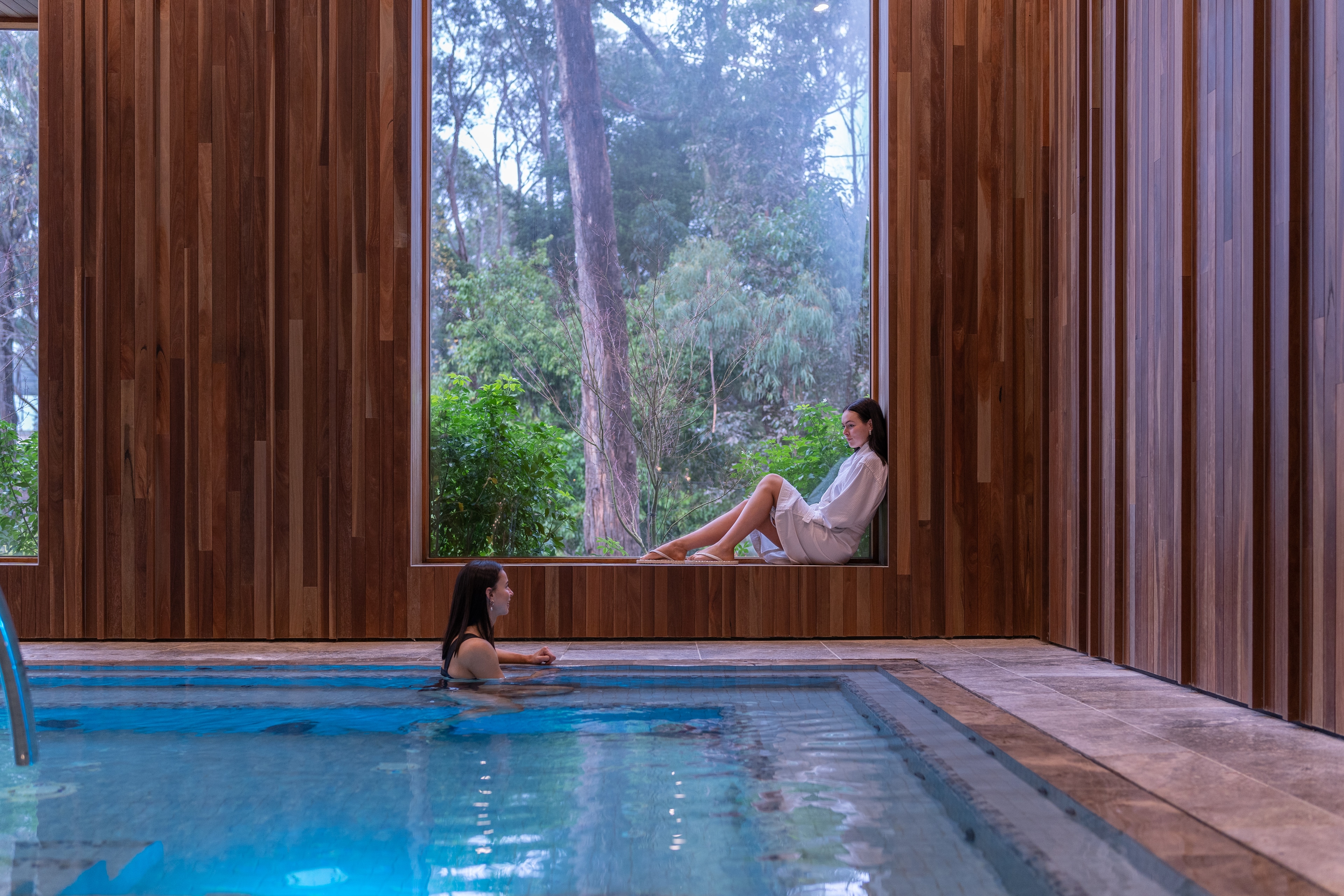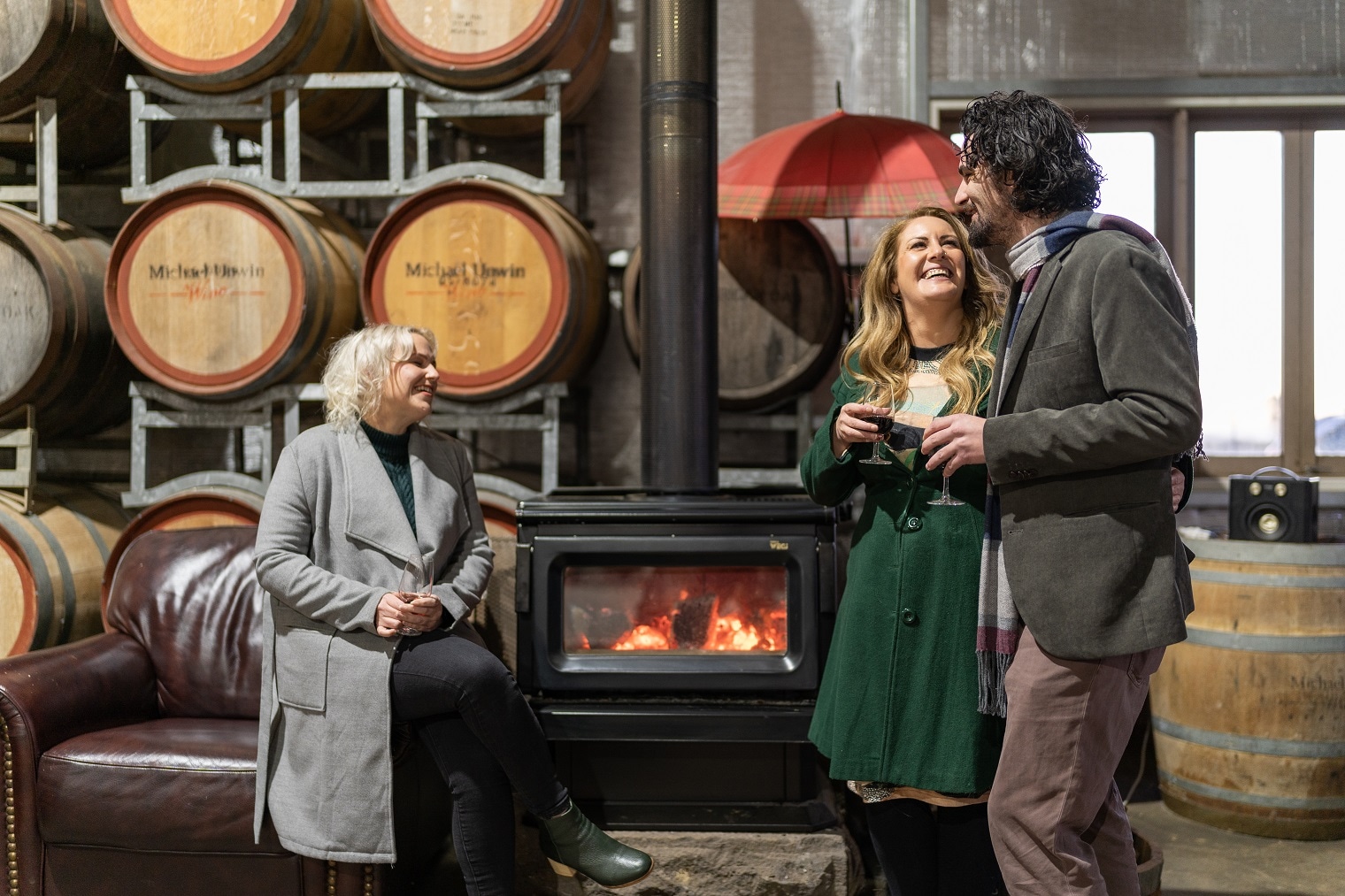When Carboni’s Italian Kitchen opened in Ballarat, few knew of the story of the man it was inspired by.
That man was Italian linguist, traveller and author Raffaello Carboni.
In the early 1850s, Rafaello arrived on the Ballarat goldfields and later used his European revolutionary background to play his part in the Eureka Stockade.
Today, the team at Carboni’s finds inspiration in Raffaello’s story (and, of course, Nonna’s traditional recipes) to create delicious meals that warrant asking more about.
We caught up with chef Dona Pietrantuono to hear more about how his past, and that of others, inspires everything he does today...

Where did your kitchen journey begin?
"In my hometown, Florence, way back in 1994..."
Carboni's pays homage to Raffaello Carboni, an Italian national who arrived on the Ballarat goldfields in 1853. What do you know of his story?
"We could write books about him but, to summarise, Carboni was an Italian patriot that settled in Ballarat, initially as a gold digger, between 1852 and 1856. Helped by his knowledge in foreign languages and writing, he became a prominent figure and witness during the Eureka Stockade.
In 2015, we decided it was time to open an authentic Italian kitchen in Ballarat, so we went and visited many locations around town. It was when we were visiting the former Eureka Stockade Hotel (our home today) that it all clicked.
The actual building hadn’t been loved for a long time, but we found at the back a beautiful brick wood-fired oven (still used today to cook our pizzas).
We then started exploring the surrounding area and we noticed that, just across the road from the former hotel, there is a commemorative plaque on the footpath right where Raffaello Carboni used to camp. All this was located just metres away from the Eureka Centre (home to the Eureka flag and the grounds of the 1854 Eureka Stockade).
At that point, it was clear that paying homage to our fellow Italian patriot would link both our origins and the richness of this local Australian history."
What inspires your recipes?
"Definitely my heritage and my two Nonnas. I’ve such fond memories of their dishes and dedication to simple and uncomplicated handmade food."
What's the most popular menu item?
"There are many but I’d say that our gnocchi norcina (housemade gnocchi and pork sausage with mushroom and black truffle in a creamy sauce) is in the top three. It’s been on the menu since day one."

Tell us about your traditional cooking masterclasses...
"Just over two years ago, we started running Italian cooking classes with the clear intent of educating our community about traditional Italian food and regional recipes such as pasta, gnocchi and sauces.
As we went along, the demand increased to the point that, by the end of 2020, we have shown more than 1000 people how to make potato gnocchi, egg pasta, lamb ragu and norcina sauce. I’m very humbled by the result.
These are hands-on classes, followed by a shared lunch and a glass of wine, which run for about 1.5 hour. During those classes, I share all I know about the recipe and more. We talk food and wine and we share travel experiences."
Carboni's also launched Ballarat's first pastificio. Tell us about this..
"It’s a project that had been in the pipeline for years but the COVID craziness gave us the time to put the dream and idea into actions.
We started by renovating and converting an old storage space into an artisan production facility. We shipped, from Italy, some small machinery that will help us with producing and packaging the fresh goods and we worked extensively on our branding and possible products.
As I said, we are inspired by our heritage and to be true to it, we are designing a range of product completely fresh and preservative-free.
Not many know this but Italy offers different types of pasta, mainly based on regional recipes.
Egg pasta is arguably the most common, but where my Nonnas came from (Basilicata) fresh pasta is made with no eggs. This tradition started way back in 1800 when eggs were used to trade for salt and cheese. Of course, nowadays the situation has changed but, as we know, traditions stay.
I grew up eating, preparing and cooking egg-free pasta. I find it to be less rich and more versatile but, more importantly, it is an option for those out there with egg allergies.
Today, we produce fettuccine, a range of fresh ravioli, a range of fresh gnocchi and some regional extruded pastas like bucatini, casarecce and conchiglioni."
What do you love most about the Ballarat region?
"Above all, its nature, landscapes and quietness, top quality wine and produce, top quality education, a supportive community and its proximity to Melbourne airport for when it’s time to fly around the world."

What are the top three recommendations of things to do in Ballarat?
"I love a lazy Sunday walk around Lake Wendouree and the Ballarat Botanical Gardens, a nature-immersed bush bike ride following the Goldfields Track before heading out for dinner in one of the amazing eateries in Ballarat.
It is also so beautiful spending time with our kids visiting the Ballarat Wildlife Park and bushwalking around St Georges Lake in Creswick."




